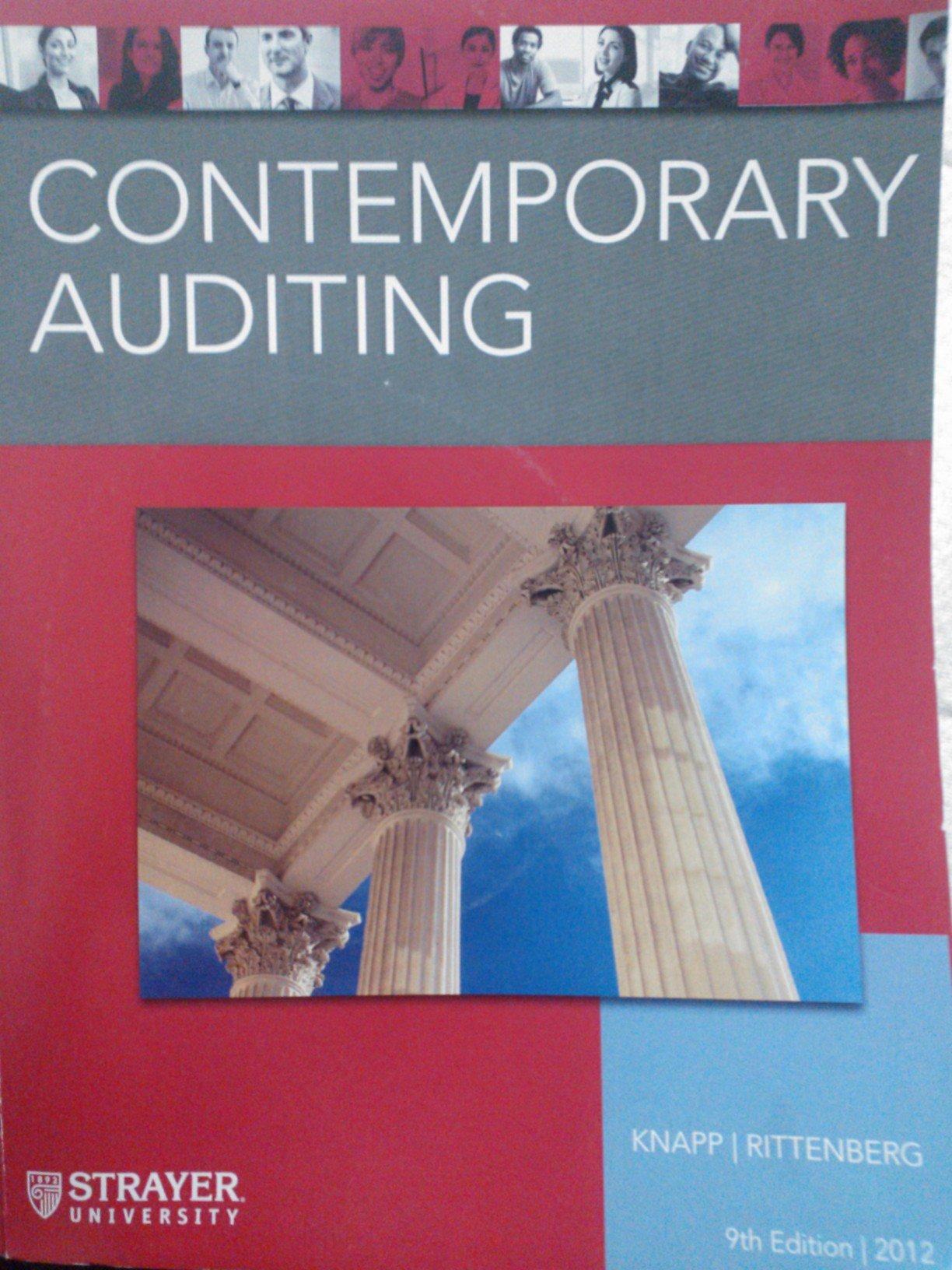Since childhood, Louis Armstrong Carriker had been known simply as Bud, a nickname given to him by
Question:
Since childhood, Louis Armstrong Carriker had been known simply as “Bud,”
a nickname given to him by his paternal grandmother.1 Bud’s father, a New Orleans native, was a lifelong fan of the famous blues musician after whom he named his only son. After graduating from high school, Elliot Carriker joined the military. In April 1951, Elliot, an African American, married Bud’s mother, a Mexican American, while he was stationed at a military base in Texas. Two years later, Bud arrived. Sadly, Bud’s mother died during childbirth. As a result, Bud spent most of his childhood in New Orleans being raised by his grandmother.
When he was a young teenager, Bud was reunited with his father in Dallas, Texas.
Bud’s new family included a stepmother and one-year old twin sisters. In high school, Bud excelled in both academics and athletics and earned a scholarship to play basketball at a small Division 1 school. Bud realized that his athletic career would end after college, so he dedicated himself to obtaining a degree that would provide him with an opportunity to earn a good livelihood following graduation. After leaving the military, Elliot Carriker had relied on the GI Bill to earn a college degree in finance.
Because of his experience in the business world as a senior loan officer for a major metropolitan bank, Elliot encouraged his son to consider majoring in either accounting or finance. After several sessions with his high school career counselor, Bud decided to take his father’s advice and pursue an accounting degree in college.
During his senior year in college, Bud interviewed with several of the international accounting firms and with two large Houston-based oil companies. After discussing his job offers with his father, Bud decided to begin his career in the public accounting profession. Bud realized that a few years experience on the audit staff of a major accounting firm would provide him with a strong background in financial accounting.
He intended to use that background to obtain a mid-level position on the accounting staff of a bank with an eventual career goal of becoming either a corporate controller or chief financial officer (CFO) in the financial services industry.
Bud launched his career in public accounting in June 1975 and was promoted to audit senior in the late fall of 1977, just prior to the beginning of his third busy season. By the time that his fifth busy season arrived in late 1979, Bud had decided that he would begin searching for a job in the private sector when he was promoted to audit manager, which he expected would be sometime during the following 18 months. Although he enjoyed public accounting, Bud was anxious to get his “real” career started.
In mid-November 1979, Alex Saunders, the managing partner of the practice office that Bud had been assigned to throughout his career, asked Bud to meet with him one afternoon. Saunders informed Bud that the firm had unexpectedly acquired a new client. The new client was a privately owned bank in a midsized city in central Texas. Since accepting a position with his employer, Bud had made it known that he wanted to be assigned to a client in the banking or financial services industries. The acquisition of the new client provided Saunders an opportunity to finally grant Bud’s request.........
Questions:-
1. How do you believe Alex Saunders should have reacted when Jim Charles insisted that Bud be removed from the bank’s audit engagement team? What would you have done under similar circumstances if you had been Saunders?
2. In your opinion, did Saunders’ decision to comply with Charles’ request violate any professional or ethical standards? Defend your answer.
3. How do you believe that Bud should have reacted when Saunders told him why he had been removed from the audit engagement team?
4. The key events in this case transpired during the late 1970s. Do you believe that such a series of events could occur now? Explain.
Step by Step Answer:






